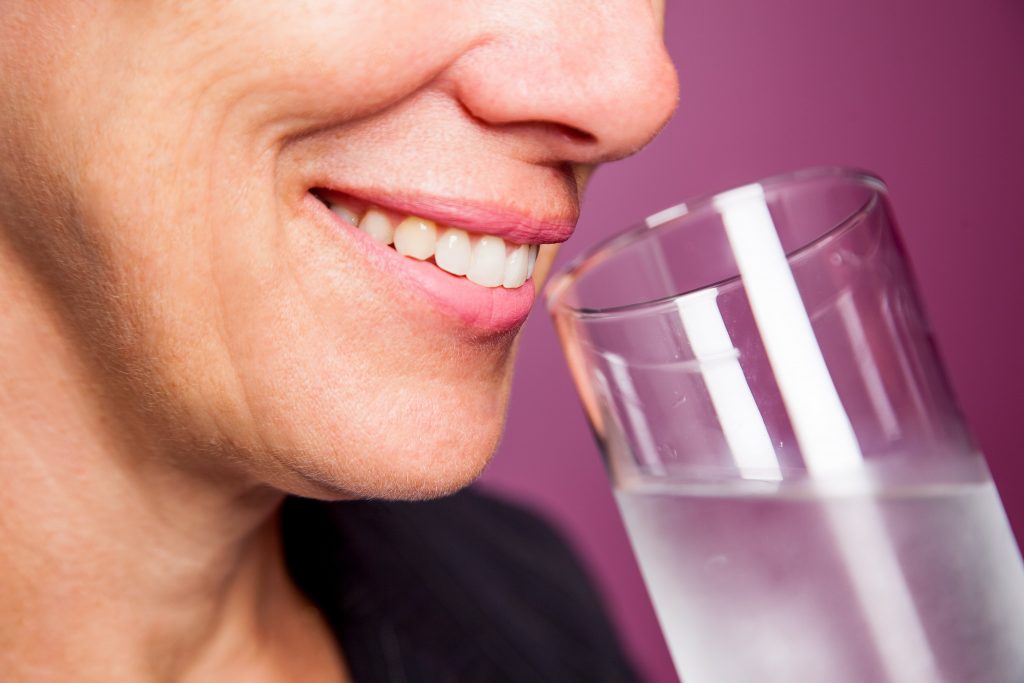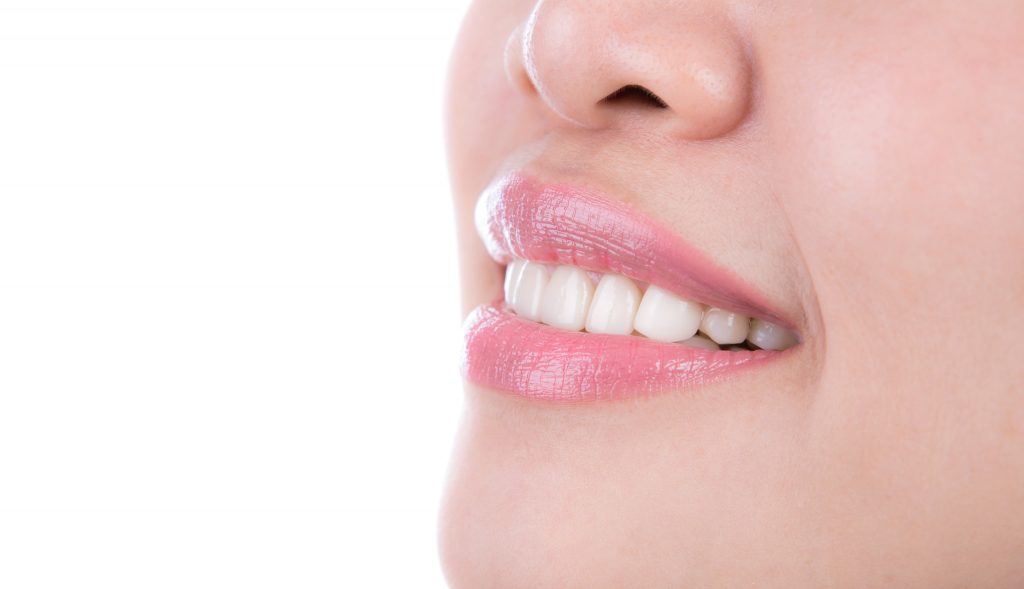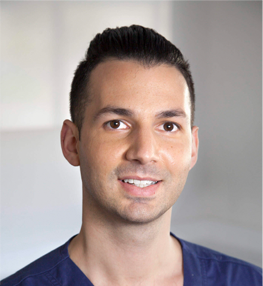Drinking Water Fluoridation
 For more than 65 years, fluoridation of public water supply has been a safe and extremely effective way of preventing tooth decay.
For more than 65 years, fluoridation of public water supply has been a safe and extremely effective way of preventing tooth decay.
The history fluoridating public water supply goes way back in the 1930s when dental experts first started to notice that dental decay is not as prevalent among people whose water supplies contain elevated levels of natural fluoride.
In 1965, after conducting numerous bodies of extensive research and scientific studies, the city of Grand Rapids Michigan in the United States first added fluoride in its public water supply.
Since then fluoridation, the process of adding and adjusting one part fluoride to one millions parts water, has been continuously substantiated by prominent scientific studies as a safe, effective, and practical way of reducing the risk of tooth decay.
Oral Health Complications Of Cancer Treatment
 Most treatments for cancerous malignancy, such as bone marrow transplants, chemotherapy, and radiation therapy, often cause adverse physiological side effects, which most commonly include nausea, loss of weight and appetite, and hair loss.
Most treatments for cancerous malignancy, such as bone marrow transplants, chemotherapy, and radiation therapy, often cause adverse physiological side effects, which most commonly include nausea, loss of weight and appetite, and hair loss.
While these side effects are often common knowledge to the general public, not many people know that undergoing cancer treatments also have debilitating consequences to oral health.
Approximately 75% of patients who receive blood and marrow transplant experience adverse oral health complications. This is also true for nearly 40% of patients who undergo chemotherapy. The risk and severity of oral health complications largely depend on the cancer treatment regimen that a patient is subjected to.
Oral Health Complications
Patients who receive minimal myelosuppressive or nonmyelosuppressive therapy, for instance, are usually at a low risk of developing oral health complications. Generally, the more aggressive the cancer treatment becomes, so too does the likelihood of developing adverse oral health reactions. Among the most common oral health side effects of cancer treatment include:
How to Protect Your Teeth From Dental Erosion

Causes Dentin Hypersensitivity?

Dentin hypersensitivity, more popularly referred to as “having sensitive teeth”, typically results from the gradual exposure of the dentine to the surface. The dentine is softer part of the tooth that sits underneath the harder dental enamel.
There are many things that easily trigger episodes of dentin sensitivity. For most people, it is when they eat or drink something that is a little too hot, too icy, or too sugary. Dentin sensitivity is usually symptomatic of an underlying dental anomaly. Among the most common underlying causes of dentin hypersensitivity include the following:
Gum Disease
Medically referred to as gingivitis, gum disease is the chronic soreness and inflammation of the gums that typically results from bacterial infection. If not treated promptly, gingivitis progresses to periodontitis, which causes aggressive damage to the soft tissues and supporting bone structures of the teeth. Among the most prominent signs of gum disease is the shooting dental pain that is often associated with having sensitive teeth.
Dentist Brisbane: Address Tooth Loss With A Sense Of Urgency

Here’s a 3 minutes and 2 seconds Address Tooth Loss With A Sense Of Urgency video. See full transcript below
Call us today on (07) 3390 6100 or simply book your appointment online and take the first step towards absolute dental and oral well-being. For patients on their first visit, we offer NO GAP. If you’re not with Private Health Fund, we offer FREE dental consultation.
To find this video on our Youtube Channel, please click the link below:
Dentist Brisbane: Address Tooth Loss With A Sense Of Urgency
Brisbane Dentist: All Natural Remedies For Bad Breath

Book your appointment online. For patients on their first visit, we offer $0 GAP. If you’re not with Private Health Fund, we offer FREE dental consultation. Call us on (07) 3390 6100.
Diabetes And Oral Health Problems
 Diabetes is an unwanted medical condition that can easily affect various parts of the body, most prominently the eyes, nerves, kidneys, and heart. The mouth, too, is not an exception. Diabetes compromises the body’s natural ability to protect itself against bacterial infection. It also reduces the otherwise optimal efficiency at which the body can heal itself.
Diabetes is an unwanted medical condition that can easily affect various parts of the body, most prominently the eyes, nerves, kidneys, and heart. The mouth, too, is not an exception. Diabetes compromises the body’s natural ability to protect itself against bacterial infection. It also reduces the otherwise optimal efficiency at which the body can heal itself.
Risk Factors
Regardless of age, people who suffer from diabetes have higher than normal risk of developing oral health anomalies, which, among others, include:
- Dry mouth. Diabetes is known to cause dry mouth by dramatically reducing saliva flow and production. Medically referred to as xerostomia, dry mouth can easily to result to a number of more serious dental conditions such as gum disease and tooth decay.
What Makes A Tooth?
 People generally grow 2 sets of teeth in a lifetime. These 2 sets being the primary teeth and the permanent teeth.
People generally grow 2 sets of teeth in a lifetime. These 2 sets being the primary teeth and the permanent teeth.
Otherwise known as baby teeth, deciduous teeth, and milk teeth, primary teeth usually start growing at 6 months and completely fall off at age 13. Children typically grow 20 baby teeth before their adult teeth start to grow into place.
Adult teeth, on the other hand, are referred to as permanent teeth because this set of pearly whites are naturally designed to last a lifetime. Adults usually grow 32 permanent teeth which develop between the ages of 6 and 14 years.











